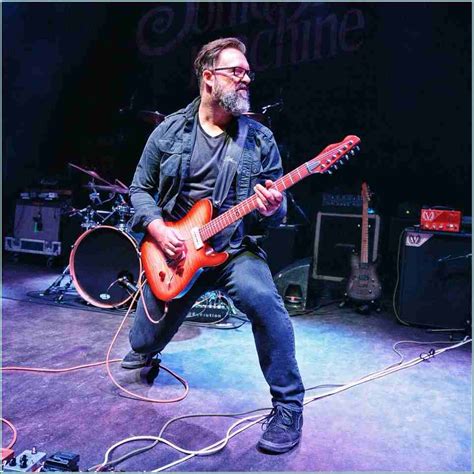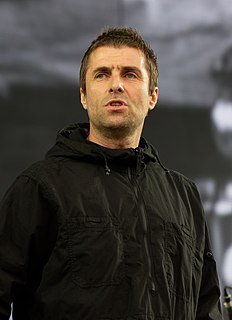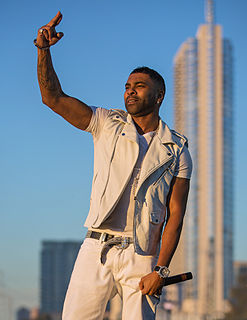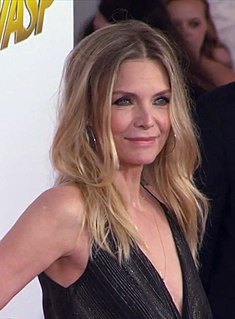A Quote by Rob Chapman
I didn't start writing in order to express myself. If anything the opposite was true. I was just as interested in negating the I and the ego.
Related Quotes
I'm not sure if I could tell the difference—between just staring into space and thinking. We're usually thinking all the time, aren't we? Not that we live in order to think, but the opposite isn't true either—that we think in order to live. I believe, contrary to Descartes, that we sometimes think in order not to be. Staring into space might unintentionally have the opposite effect.
One of the great fallacies of our time is that the Nazis rose to power because they imposed order on chaos. Precisely the opposite is true - they were successful because they imposed chaos on order. They tore up the commandments, they denied the super-ego, what you will. They said, "You may persecute the minority, you may kill, you may torture, you may couple and breed without love." They offered humanity all its great temptations. Nothing is true, everything is permitted.
I know well enough that very few people who are supposedly interested in writing are interested in writing well. They are interested in publishing something, and if possible in making a "killing." They are interested in being a writer not in writing. . . If this is what you are interested in, I am not going to be much use to you.
Beware of self-indulgence. The romance surrounding the writing profession carries several myths: that one must suffer in order to be creative; that one must be cantankerous and objectionable in order to be bright; that ego is paramount over skill; that one can rise to a level from which one can tell the reader to go to hell. These myths, if believed, can ruin you. If you believe you can make a living as a writer, you already have enough ego.
I just do as many songs as I can and then I put it together when I get sort of in the middle, maybe 30 songs, that's when I start really thinking about the name of the cd and what direction all the songs are going, that kind of stuff. But I don't ever want to corner myself, I just want to be able to express whatever I can express in songs and just pick after that.
The word 'ego' is very important. The ego is an important element of being human, and of being creative. We need that ego in order to give us a confidence of doing what we're doing. Ego pushes us into the creative world in order to create for something more. I think that a great company of actors, they all have egos, very strong egos, but they're all prepared to share together in order to achieve something even better than that.
































